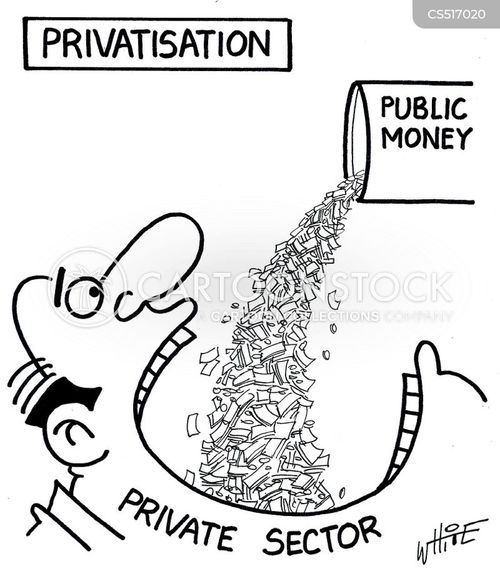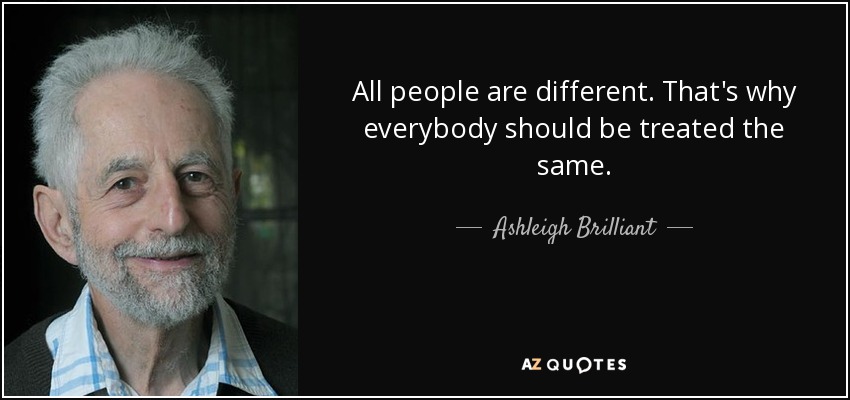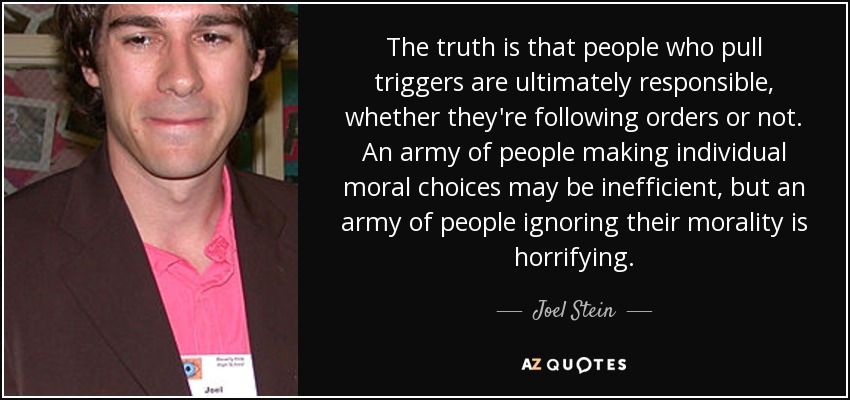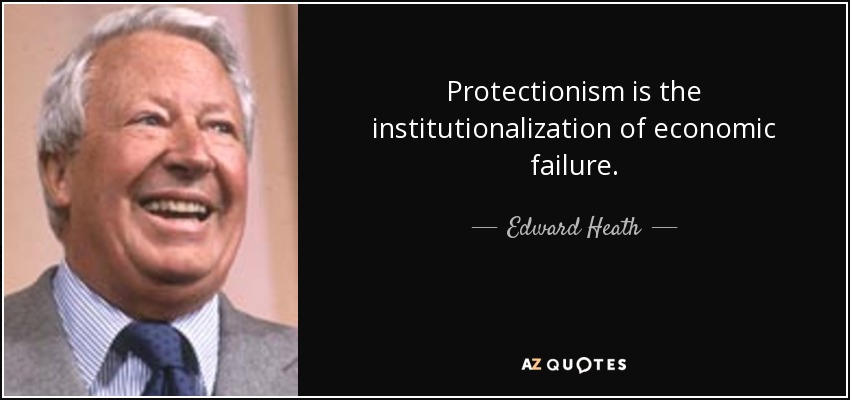"In the U.K., privatization accomplished wonders. By 1979, the borrowings and losses of state-owned industries were running at about £3 billion a year. But from 1989 to 1990, companies privatized by the Thatcher government fattened the government purse by some £2 billion" - Harvard Business Review 1992. The key phrase here is "fattened the government purse". As with so many political decisions the short term gain obscured the long term resulting problems.
The initial premise was the concept of privatisation to propel innovation & efficiency & promote competition. It seems to me that where privatised companies are natural monopolies, like all the utilities, water & rail for example, this simply does not work. There is no competition in either example. The consumer cannot choose between price & service quality. It's a one stop shop. There is no alternative.
To my mind any profit should have gone to investment in both maintenance & improvement of service. Not to inflated salaries & bonuses & shareholder dividends.
I have just watched the BBC documentary "Thames Water - Inside the Crisis". It was illuminating. It changed my perceptions & made me very sympathetic to the people who actually work there trying to make a very inadequate system work adequately. What it revealed about the state of the infrastructure is shocking. The only reason it hasn't failed even more than the dreadful pollution of our rivers, lakes & seas is the dedication of the workers. Workers who don't know whether they will continue to have jobs given the state of the finances. They have a debt of around £19 billion.
How on earth could that happen if the company was being well managed? Obviously it couldn't. At the time of privatisation Thames Water had no debt.
Large companies have a duty to shareholders and have to keep increasing profits. That model will never work for essentials & is even more unsustainable when the owners of the companies are not British. They do not have the interests of the British public at the heart of their business model.
At least 70% of the English water industry is controlled by foreign-based firms. This includes a wide range of investors, such as super-rich individuals, banks, hedge funds, foreign governments, and businesses based in tax havens.
Half of the "big six" energy suppliers are owned by foreign companies, including EDF Energy. Foreign-owned companies also have a significant stake in other utilities, such as electricity distribution and supply companies.
BT is owned by Bharti Overseas Pvt Ltd (Indian), Patrick Drahi (Franco Israeli), T Mobile Holdings (German), & Altice UK SARL.
There is only one set of railways, one water main, one gas line and one power grid.
To my mind we are now paying the price of Thatchers privatisation. The chickens have come home to roost. I can accept that this is perhaps the benefit of hindsight. But it has been a catastrophic mistake. The only winners are the senior managers on inflated salaries & bonuses & the investors.
It is time to try to put this right.




